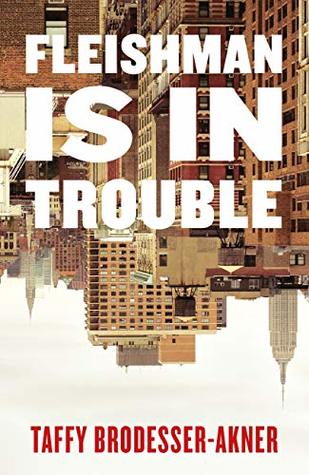More on this book
Community
Kindle Notes & Highlights
People under forty had optimism. They had optimism for the future; they didn’t accept that their future was going to resemble their present with alarming specificity. They had velocity. He couldn’t bear velocity just at that moment.
That was maybe the worst insult of adulthood, that even your silly, non-life-threatening, nonbase desires got swallowed up by routine and maturity and edged out of your life for good.
The stories he heard from divorced women were all the same—not the details, but the themes: This thing I thought was just a whim was actually an important part of my spouse’s identity, and still I’m surprised. This thing they had always been doing they kept doing and still I’m surprised. Here is how innocent I was and here is how cruel my spouse was.
Or because she always wondered what was a little better than the thing she had, which was valuable in business but not really in any other part of your life.
That was why you heard about people in their thirties and forties going to law school but never medical school. It wasn’t just the time it would take to get licensed. It was the realization as you got older about how fallible you were in every aspect of your life.
The entire phrase “bouncing back” seemed to her like it existed to make fun of her. There was no bouncing. There was no back.
Their marriage would not forgive them for getting older, and they would not forgive their marriage for witnessing it.
That these men could be so delicate, that they could lack any inkling of self-examination when it came time to try to figure out why their women didn’t seem to be batshit enthusiastic over another night of bolstering and patting and fellating every insecurity out of them—this was the thing we’d find intolerable.


